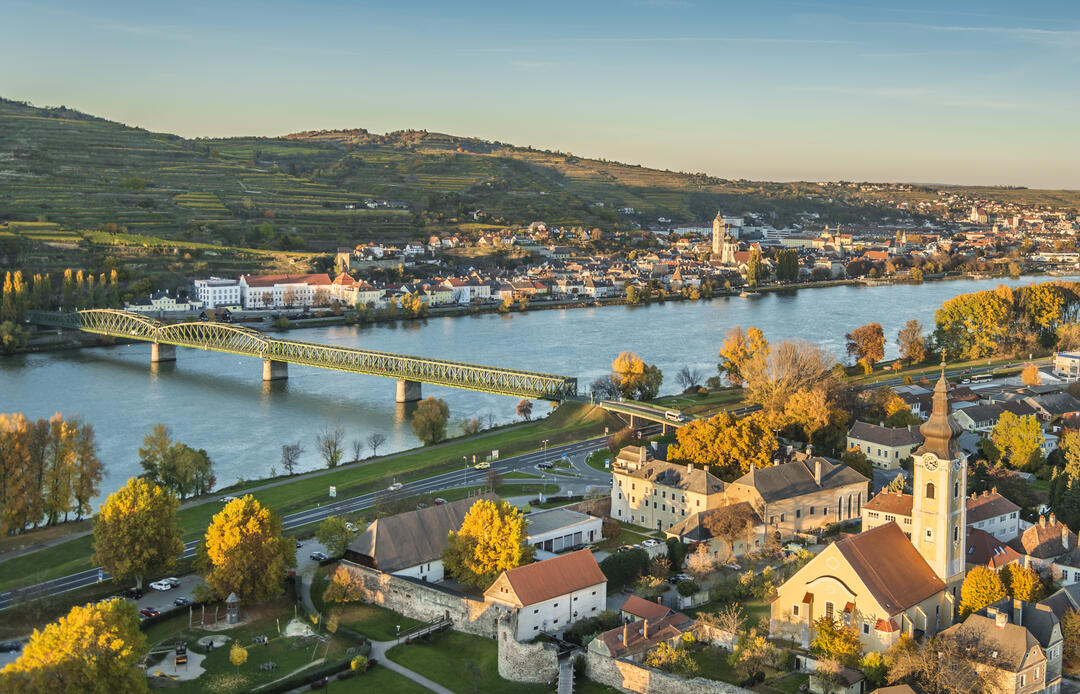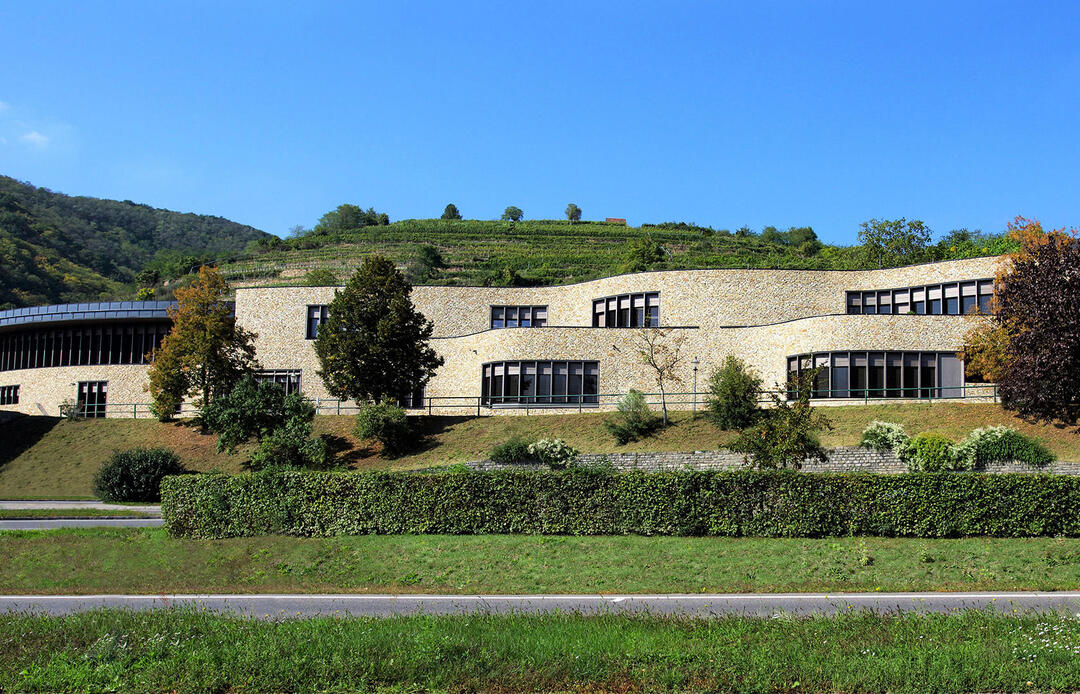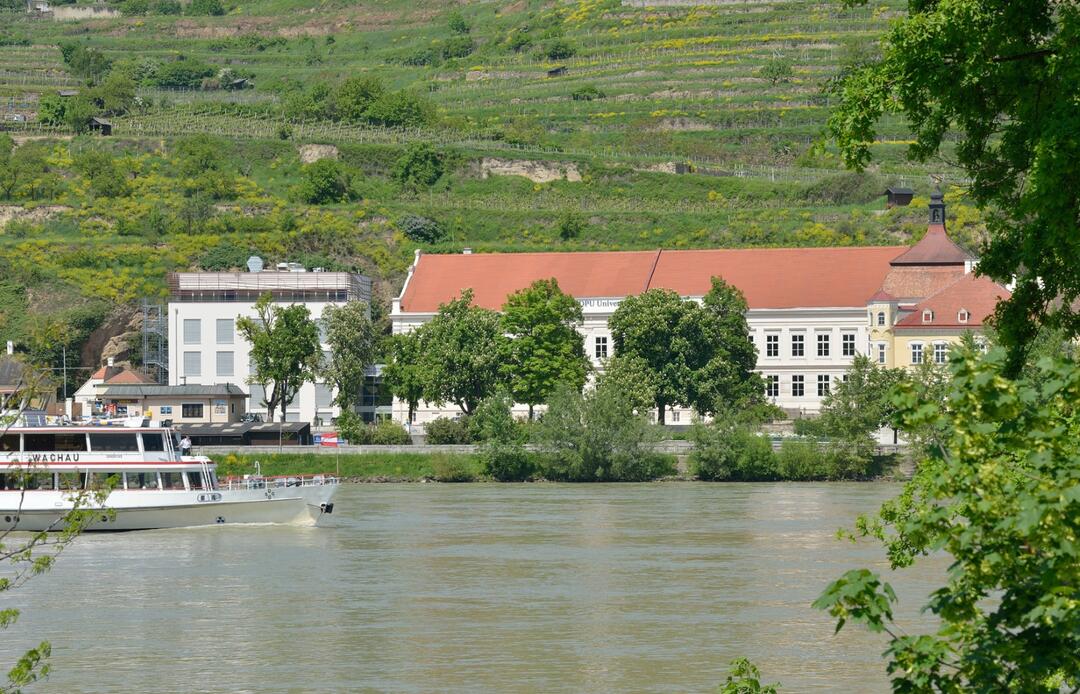We develop leaders in dental and human medicine!
Danube Private University (DPU) was the first private university in Austria to receive accreditation for a faculty of medicine/dentistry.
The university now has a long track record of success in teaching and has also established itself internationally in research. It is geographically embedded in the Wachau UNESCO-World Heritage Site, 60 km from the gates of Vienna, in one of the most attractive regions of Austria.
Innovation was an important driver for founding DPU in 2009. The university administration and a team of renowned academics set out, first in dentistry and later in human medicine, to see students as partners in teaching and research and to develop an academic programme that requires an early introduction to the profession. The curricula comply with the relevant EU directives and have been expanded to include digitalisation, artificial intelligence, and oral medicine, for example, and state-of-the-art equipment has been acquired for practical training.
By now over 2,300 students from 66 nations have enrolled at DPU, now forming an exciting international community. 6,500 graduates of the Master of Science (MSc) and 800 graduates of the Doctor of Dentistry programme (Dr. med. dent.) ensure the success and continuity of family practices as ambassadors of dental excellence.
The university is characterized by a college feel and follows the humanistic model in its philosophy. Students are taught the internal patient-centred approach of a healing professional focusing on the human being consistent with advances in technology.



